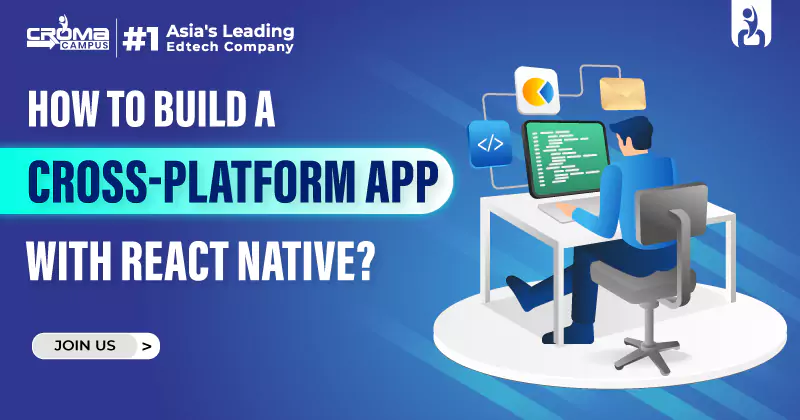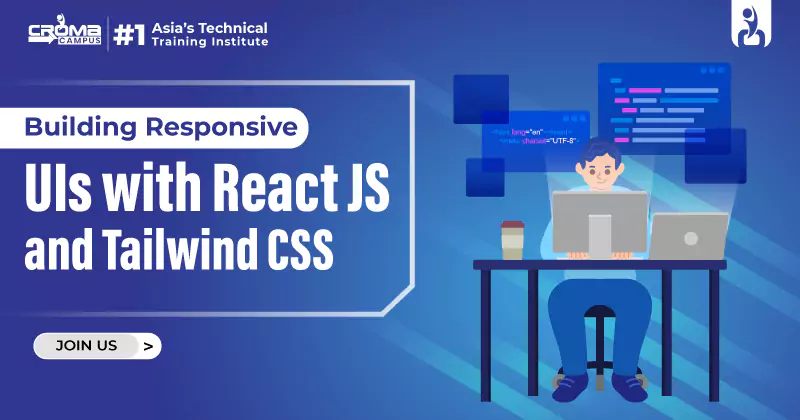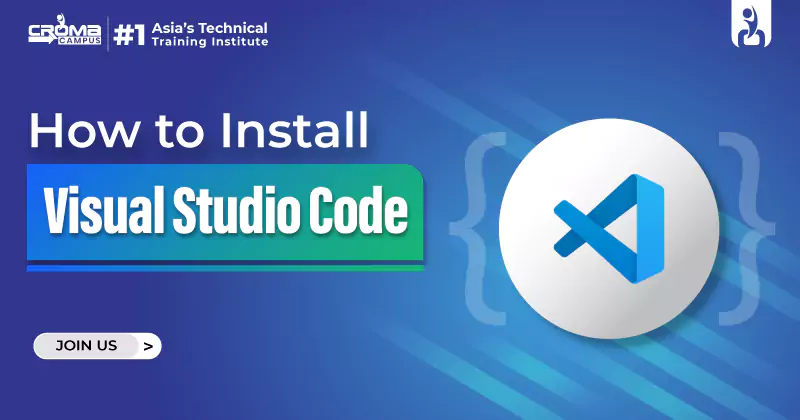Learn Core Concepts With React Native Courses For Beginners
4.8 out of 5 based on 7895 votesLast updated on 16th Apr 2024 15.8K Views
- Bookmark

Master React Native with beginner-friendly courses! Learn app development for both iOS and Android platforms.

In today's software development landscape, creating user-centric applications that are highly optimized is crucial. React Native, a hybrid application development framework combines traditional and modern approaches. It allows developers to create applications for multiple platforms like Android, iOS, and Windows using a single codebase.
Unlike traditional methods that require platform-specific technologies like Java, Kotlin, or Swift, React Native enables cross-platform development, streamlining the process. This "React Native Tutorial for Beginners" explores the basics of this hybrid framework, offering insights into its features and functionalities. Also, we will discuss the best React Native Course for Beginners that will help you in mastering the basic concepts in-depth. Let's dive into the topics covered and get started.
Let's Explore React Native!
This tutorial is all about React Native, so stick with us till the end! React Native is an exciting technology used for building hybrid mobile applications. It's known for creating intuitive, user-friendly, and native-like apps.
Here is a quick overview of React Native:
- It is a cross-platform mobile app development technology based on JavaScript and Object-Oriented Programming.
- With React Native, you can develop the front end of mobile apps for any platform.
- It utilizes native components for development.
- React Native is a popular choice for cross-platform app development, surpassing alternatives like Google's Flutter framework.
- One of its key benefits is maintaining a single code base for both Android and iOS apps, as it solely relies on JavaScript.
React Native is a game changer, right? Stay tuned as we delve deeper into React Native. In the next section, we'll discuss the prerequisites you need to get started with the best React Native Course for Beginners.
Getting Ready for React Native
Imagine you want to cook something special. Before you start, you need some cooking skills, like knowing how to use the stove and which utensils to use. Similarly, before diving into React Native, you need to meet some prerequisites. Here's what you should know:
- Strong grasp of JavaScript and basic understanding of TypeScript. React Native relies entirely on JavaScript.
- Familiarity with Object-Oriented Programming (OOP) concepts.
- Knowledge of React can make learning React Native easier.
- Previous experience in general programming based on OOP concepts can be beneficial.
- An intermediate understanding of computer fundamentals, like command line, API integration, and data storage, can smoothen your learning journey.
- Comfort with development IDEs like VS Code or Android Studios helps.
- Understanding version control systems is necessary since many React Native components are available on GIT.
Don't worry if it sounds overwhelming! JavaScript is a powerful language used throughout the web, thanks to Brendan Eich for creating it.
React Native History
Understanding the origins of React Native gives insight into its development journey and how challenges were overcome.
- Facebook (Meta) introduced React Native in 2013.
- It was made publicly available on git in 2015.
- The latest stable version is 0.70.0, released in Oct 2022.
- Initially for iOS, React Native expanded to Android due to growing demand.
- Developed in JavaScript, CPP, Objective C, Java, and Python.
- It's now the top choice for cross-platform app development.
- Efforts are underway to bring React Native to Desktop by tech giants like Microsoft and Samsung.
Getting Started with React Native Basics
Let's delve into the fundamentals of React Native to kickstart your journey toward mastering it. Here are some key topics along with their basic definitions, examples, and syntax where applicable:
Understanding States in React Native:
- In React Native, we utilize states to manage data that will change over time.
- States store information about the component, influencing its rendering and behavior.
- Components using states can be modified, allowing for mutability and making changes as needed.
Understanding Props in React Native
- Props, short for properties, are parameters used to customize components during their creation.
- Data is passed between containers using props, allowing information to flow from one component to another.
- Most React Native components can be customized during creation by passing various parameters.
- Props have fixed names and cannot be changed once set, ensuring consistency and stability.
Views:
- Views in React Native serve as essential containers for creating user interfaces.
- They facilitate style application, touch handling, flexbox layout, and accessibility controls.
- Views adapt seamlessly to native platforms, ensuring consistency across different devices.
- They can include nested views and have zero to multiple children of any type.
Style:
- Styles in React Native determine the visual appearance of components.
- Similar to CSS, styles are defined using JavaScript objects.
- Properties like backgroundColor, color, fontSize, margin, and padding can be included in the style object.
- Styles can be applied directly to components using the style prop or defined in separate JavaScript modules.
- Dynamic style changes based on state or other conditions are also possible.
With the best React Native Course for Beginners, you will master all these concepts in-depth and become ready to use this platform well.
You May Also Read This Posts:
Skills For React Native Developer
React JS Advanced Interview Questions
React Full Stack Tutorial Guide For Beginners
Features of React Native:
- React Native operates on JavaScript, offering a robust framework for mobile app development.
- Based on Object-Oriented Programming (OOPs), ensuring stability and compatibility with a wide range of programming languages.
- Backed by a vibrant community and actively maintained by Meta and tech giants like Microsoft.
- Hybrid technology enables cross-platform development with a single codebase.
- Constant evolution through stable updates enhances performance and gains developer trust.
- Incorporates hot reload feature for instant code changes reflection on the output screen.
Applications of React Native:
- Social Media Applications: Ideal for developing seamless and engaging social media apps like Facebook and Instagram.
- E-commerce Applications: Suitable for crafting feature-rich e-commerce platforms with real-time updates and smooth navigation.
- Travel and Hospitality Applications: Enables the creation of travel and hotel booking apps with geolocation services and personalized recommendations.
- On-Demand Service Applications: Preferred framework for building on-demand service apps like Uber and Airbnb with real-time tracking and secure payment gateways.
- Health and Fitness Applications: Empowers the development of health and fitness apps with real-time data synchronization and interactive user interfaces.
- Banking and Finance Applications: Provides a secure and scalable framework for banking and finance apps with high-level security measures.
- Education Applications: Facilitates the creation of interactive learning apps with features like gamification and multimedia content.
Final Words:
Dear reader, we've reached the end of our journey. As we bid farewell, let me assure you that React Native stands as the premier framework for mobile app development, and its dominance is set to continue.
With its increasing popularity comes a growing demand for React Native developers, indicating a promising future in this field. As React Native gains traction in the realm of mobile app creation, the need for skilled developers becomes ever more pressing.
Consequently, React Native developers command competitive salaries, reflecting the value of their expertise. Despite being relatively new, React Native has swiftly captured the attention of developers worldwide.
With that, we conclude our discussion here. I hope you've gained valuable insights along the way. Join the best React Native Course for Beginners to start your journey in the IT space.
Subscribe For Free Demo
Free Demo for Corporate & Online Trainings.
Your email address will not be published. Required fields are marked *





















 Master in Cloud Computing Training
Master in Cloud Computing Training